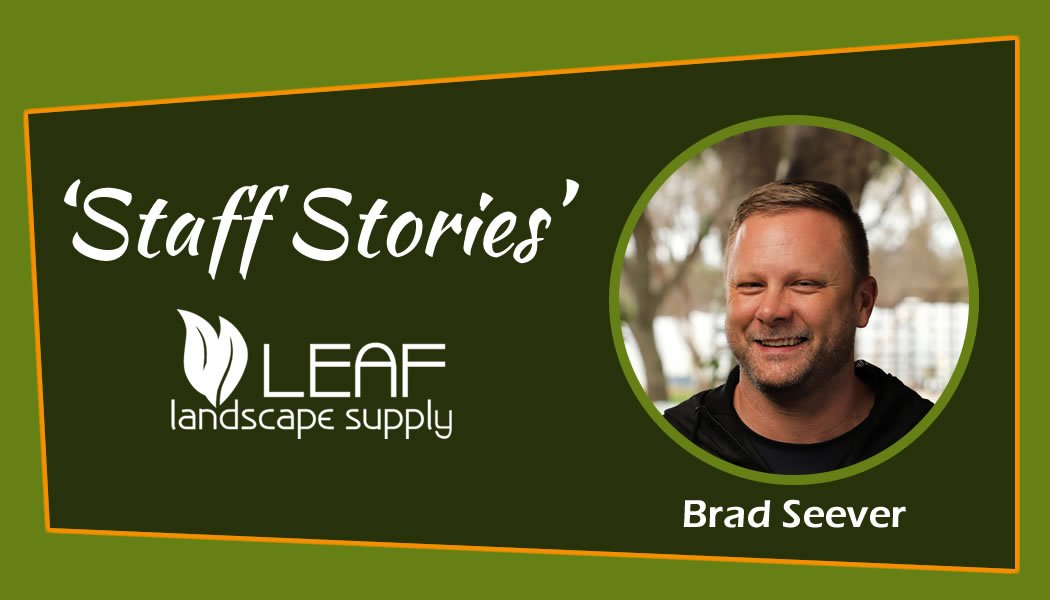
Yes We Can
We Don’t ALWAYS Get Along
In the intricate world of workplace dynamics, conflicts are inevitable. Whether they arise from differences in opinion, personality clashes, or misunderstandings, conflicts have the potential to disrupt productivity, strain relationships, and dampen morale. However, adept conflict resolution skills can transform these challenges into opportunities for growth, collaboration, and strengthened team cohesion. Let’s talk about the significance of conflict resolution in the workplace and offer strategies for effectively managing and resolving conflicts.
In a diverse workplace, varying viewpoints and approaches are bound to clash, leading to conflicts. Recognizing and valuing these differences is the first step toward resolving conflicts constructively. Poor communication or miscommunication often underlies workplace conflicts. Clear, open, and honest communication is essential for addressing misunderstandings and resolving conflicts effectively. Conflicts may also stem from interpersonal tensions, personality clashes, or perceived slights. Understanding underlying emotions and motivations can help address conflicts at their root. Realizing your coworkers’ sensitivities and natural reactions can help you in navigating conflict resolution conversations.
Open communication can create an environment where team members feel safe and encouraged to express their concerns, opinions, and ideas openly. Encourage active listening and empathetic understanding to foster effective communication. Proactively address conflicts as soon as they arise before they escalate and become deeper rooted. Prompt intervention can prevent minor disagreements from snowballing into major disputes and do so by using shared goals or interests among conflicting parties to use as a basis for finding mutually acceptable solutions. Focus on areas of agreement to build rapport, facilitate compromise, and shift the focus from assigning blame to finding solutions. Encourage a problem-solving mindset and brainstorm alternative approaches to address underlying issues. Encourage individuals involved in conflicts to consider the situation from the other party’s perspective and do the same yourself. Empathy and understanding can help bridge differences and facilitate resolution. In cases where conflicts are particularly entrenched or complex, consider involving a neutral third party to facilitate mediation that can help guide discussions, foster constructive dialogue, and find mutually acceptable resolutions. After conflicts are resolved, follow up with involved parties to ensure that agreements are upheld, and relationships remain intact. Address any lingering issues promptly to prevent reocurrence. REMEMBER WE ARE ALL HERE FOR A COMMON GOAL!!
Conflict is an inherent part of workplace dynamics, but it doesn’t have to be detrimental. With effective conflict resolution skills and strategies, organizations can transform conflicts into opportunities for growth, collaboration, and improved relationships. By promoting open communication, empathy, and a problem-solving mindset, workplaces can navigate conflicts with grace and emerge stronger and more resilient than before. Remember, conflict resolution isn’t just about smoothing over differences – it’s about building bridges and fostering a culture of RESPECT, UNDERSTANDING, AND HARMONY.
Staff Stories (Archives)
